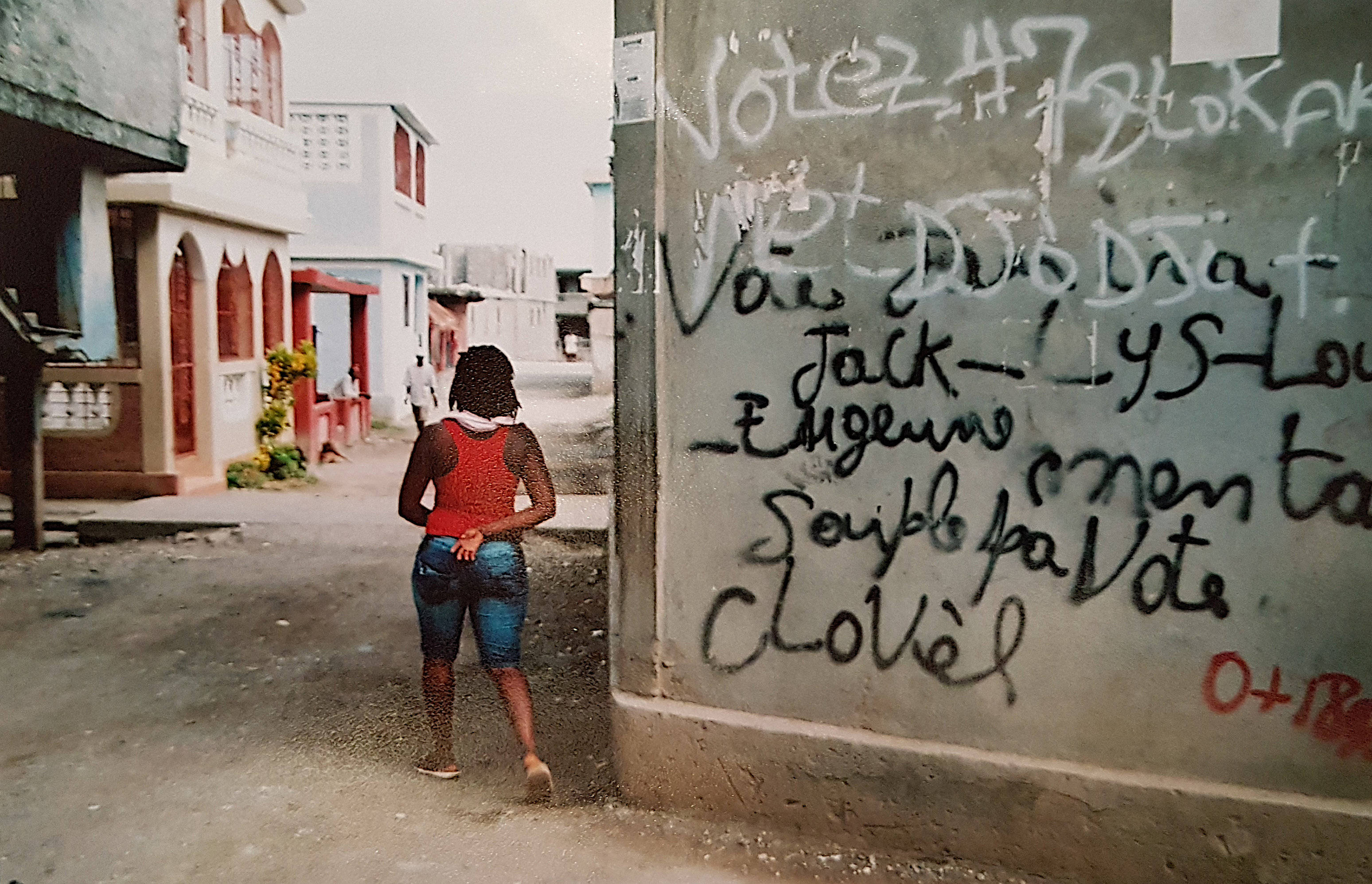Navigating Your Way Through Guilt
Picture: Kelsey_Lovefusionphoto
I wrote this article on overcoming guilty feelings some years ago for a US magazine. My writing style and topic base has since changed but the piece proved helpful to some back then, so I re-post it here.
***
When I was employed as a youth worker, I discovered a great game. You ask a kid to stand up and spin around seven times (even more if their stomach can handle it). Once they stop, and as they try to regain their balance, you say ‘Now, point to the north pole.’ The game is a lot of fun and works really well when you get a number of people playing at once. You find hands pointing in every direction!
I find that game somewhat analogous of life. The sheer pace of living can leave us feeling pretty spun out and clambering to find our bearings. In an emotional whirlwind it can be difficult to make head or tale of our experiences and to see them aright. The experience of guilt is a good example.
Most of us have experienced guilt at some time, that most uncomfortable and gut-wrenching of emotions. But how do we know when we truly are guilty; that we’re not just suffering the results of some unrealistic expectations we or society have placed on us? And when we are guilty how can we map out a way to resolution?
The Compass
If we rely on our own personal sense of morality, making sense of guilty feelings could be a difficult exercise. Like the convicted murderer who shows no remorse for his actions, or the mum who feels guilty over taking a few moments out for herself, understandings of right and wrong can differ between people. When we rely on our own subjective viewpoints we can end up like my youth group—all pointing in different directions, feeling queasy and confused.
A more effective way is to see that truth has an objective basis. Like the north pole, we can line ourselves up with this external reference and map out our way forward. Cargo ships and passenger liners don’t operate on the personal sense of direction of their captains, and the professional orienteer doesn’t trust her directive instincts while trekking. Instead, both use a compass to find ‘true north’ and navigate their journey from that point. If we could find a ‘moral true north’, we could successfully judge our and other’s actions. And when our behaviour has crossed the line we could discern the path forward.
Finding the Moral True North
So, where is this moral true north and what kind of compass points to it? An ancient story gives us some clues:
Zac worked for the tax department of Jericho and had become wealthy, no doubt, through his frequent dips into the government money bag. One day Zac caught wind of an amazing opportunity. A famous spiritual leader was passing through. Zac had heard about the man and his reported wonder-working. ‘I’ve gotta see him,’ Zac decided.
The crowds gathered in town. Big in bank balance, Zac was unfortunately small in stature and to see anything amongst the masses he needed to find a high point. Ignoring the laughing locals, Zac climbed a nearby fig tree. The view was good. He could see the holy man.
Then the unexpected happened.
Jesus looked up and straight into the tax man’s eyes. ‘Zac, what are you doing up there?’ he said. ‘Come down! I’m coming to your place today.’ Incredulous, Zac unwound his legs, climbed down the tree and led Jesus to his home.
There was something about this rabbi, Zac thought. In the holy man’s presence Zac felt deeply accepted (and with his reputation he didn’t feel acceptance very often). But he also couldn’t help feeling like his soul was exposed. Zac became mindful of the dollars he’d pocketed, and the blind eye he turned when his men took more out of hard-working hands than was required. His growing conviction became unbearable. But Jesus talked about forgiveness, didn’t he?
Zac jumped up from his cushion. ‘Look Jesus,’ he said, ‘I’ve done wrong. Right now I’m going to give half of everything I own to the poor. And I’m going to pay back the people I’ve cheated—four times what I’ve taken.’
Jesus smiled.
‘That’s good, Zac,’ Jesus replied. ‘You’ve just got yourself a life of freedom, and a place in heaven too.’
When Zac met Jesus, he met the one the old book calls Truth itself—the ultimate moral standard. Encountering Jesus, Zac’s soul was exposed yet embraced. Repaying his debts, Zac was freed and rewarded. And if we’re willing to embrace him back, Jesus can be our moral true north, the Bible can be our compass to him, and our guilt resolved through the actions his values prescribe.
Yes, guilt can leave us feeling spun out. And like Zac, guilt’s resolution can be a costly exercise. But I’m thankful that we can approach a God who exposes and embraces—with one hand he points out the wrongdoing in our hearts, and with the other he holds us tight.
Biblical references: Luke chapter 19 verses 1 to 10, and John chapter 14, verse 6.
***
Q: How have you overcome feelings of guilt?





